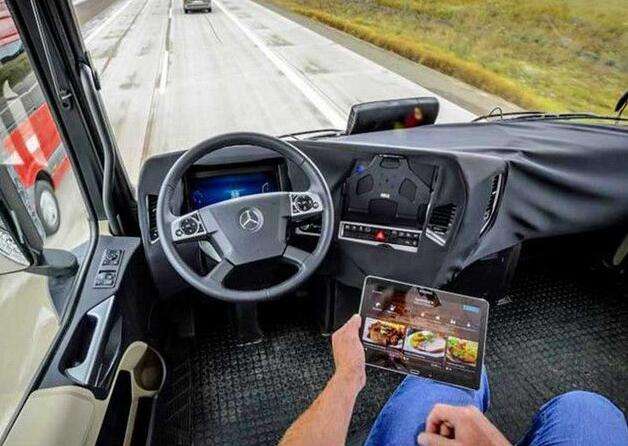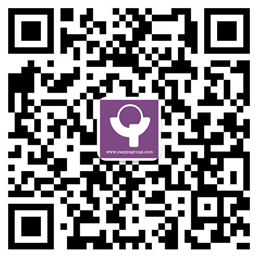
According to foreign media reports, Hyundai Motor completed the highway automatic navigation road test of the first version of trailer trucks in Korea. Hyundai's Xcient trucks are on a high-speed section between Uiwang and Incheon. The test takes about 40 kilometers. The model can transport goods and demonstrate modern new technology in the test. It can be used in the future. For moving around.
Hyundai carried out the test on August 21, and the model has a maximum load capacity of 40 tons. Hyundai has equipped the SAE-compliant 3-level automatic driving system to achieve steering, acceleration or deceleration and control operations based on traffic conditions, without driver intervention. The driver can take over the control of the vehicle if necessary. Hyundai Motor and Hyundai Glovis use this opportunity to test the application of autonomous driving technology in the logistics industry.
Autopilot truck technology
Automated trucks need to be equipped with an advanced autonomous navigation system, which requires additional sensors in the car's basic configuration to optimize the heavy-duty sensing system.
The model has a total of 10 sensors, including: 3 front and rear rear cameras, 3 front and rear radars, 3 front and side lidars and an angle sensor on the trailer coupling. The steering angle change between the truck and the trailer can be calculated in real time, so that the truck can ensure the stability and safety of the vehicle when making a big turn.
After the data collected by each sensor is matched with the high-definition map, the information is transmitted to the electronic control module for vehicle positioning. This module helps to make precise driving decisions, respond to all types of driving situations, and control speed, transition and braking depending on the situation.
The new steering control system, the Motor Assist Hydraulic Steering (MAHS), developed by Hyundai Mobis, provides a precise steering mechanism for steering angles, depending on the driving decisions made by the electronic control unit. Therefore, the workload of the vehicle steering is reduced as much as possible, and the driver's fatigue is alleviated.
Hyundai also provides forward collision assistance, intelligent cruise control, and lane departure warning systems for Xcient models.


